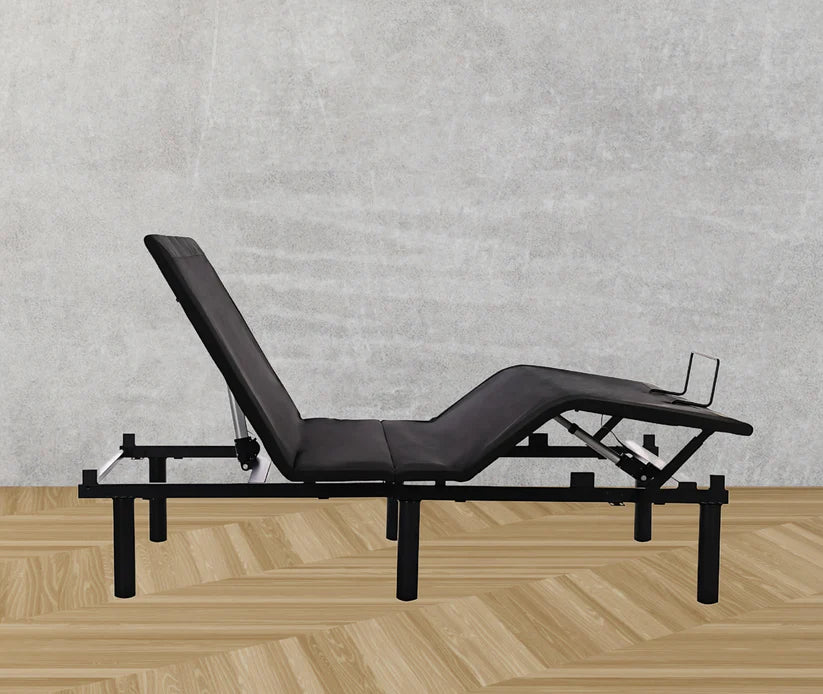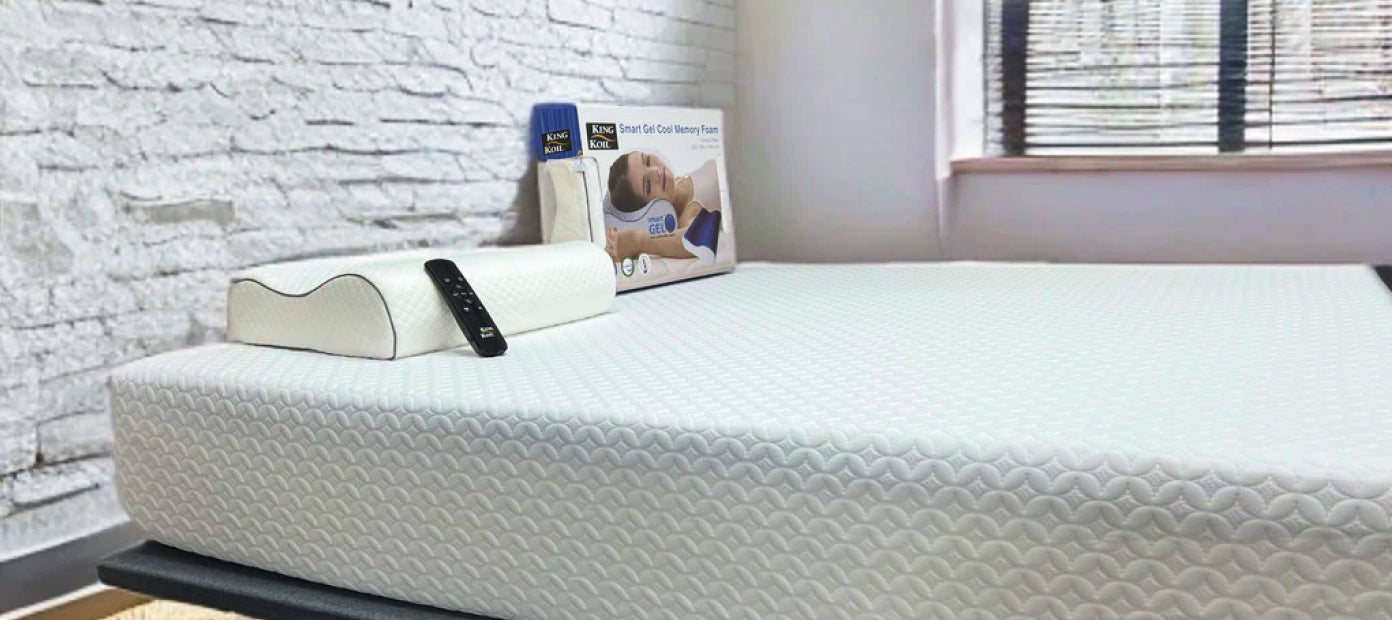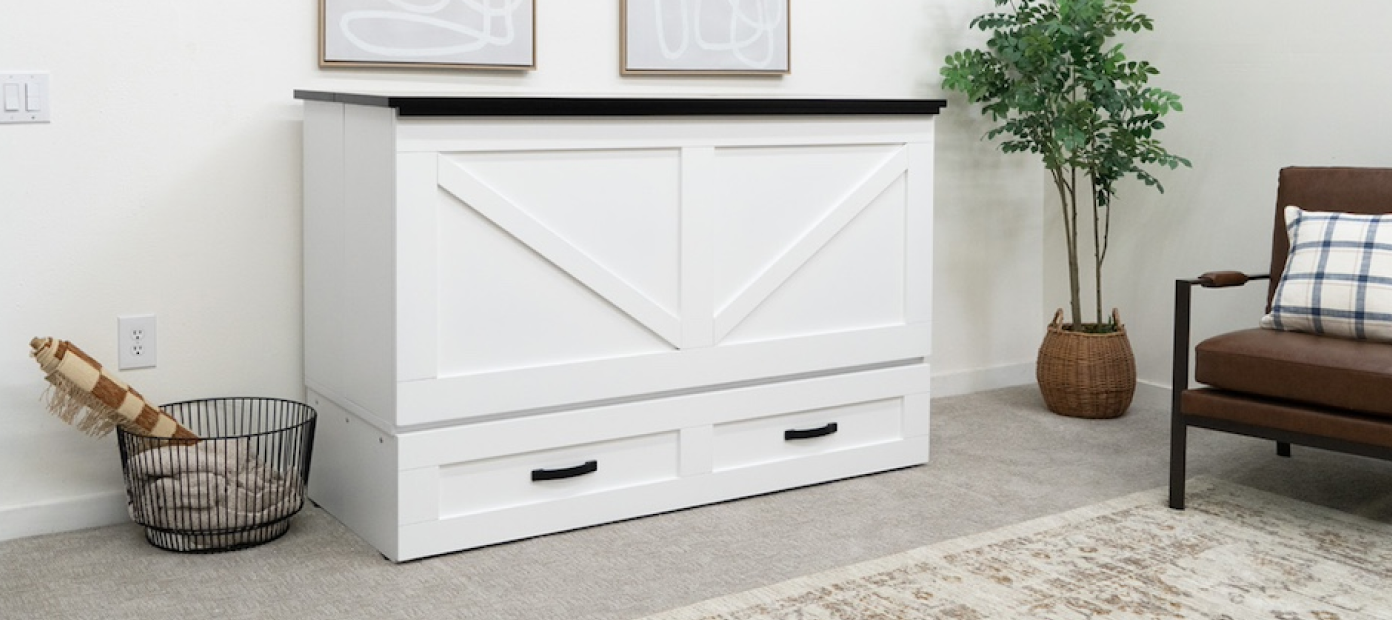Have you ever wondered why you sleep the way you do? Believe it or not, your preferred sleep position can reveal a lot about your personality, health, and even your emotional state. In this comprehensive guide, we'll delve into the fascinating world of sleep positions and what they say about you.
The Psychology of Sleep Positions
Sleep isn't just a physical necessity; it's a window into your psyche. Various studies have explored the connection between sleep positions and psychological traits. For example, researchers have found correlations between sleep positions and levels of stress, self-esteem, and even your relationships with loved ones.
The Science Behind It
The field of somnology, which studies sleep, has long been interested in the psychological implications of sleep positions. While it's not an exact science, the patterns are too significant to ignore.
Common Sleep Positions and Their Meanings

Back Sleeper
Personality Traits: If you're a back sleeper, you're likely confident and self-assured. You may also be a planner who thinks ahead.
Health Implications: This position is excellent for spinal health but can be a nightmare if you snore or have sleep apnea.
Tips for Back Sleepers
- Pillow Support: Use a rounded pillow to support the natural curve of your neck and a flatter pillow to cushion your head.
- Elevate Legs: Placing a pillow under your knees can help align your spine and reduce lower back pain.
- Avoid High Pillows: High pillows can cause neck strain, so opt for one that keeps your neck aligned with your spine.
- Snoring Solutions: If you snore, consider an adjustable bed that allows you to elevate your head slightly.
Side Sleeper
Personality Traits: Side sleepers are often social and easygoing. However, they can be sensitive and are more likely to be prone to mood swings.
Health Implications: This position is excellent for digestion and can help reduce heartburn.
Tips for Side Sleepers
- Spine Alignment: Use a firm pillow and a supportive mattress to keep your spine aligned.
- Knee Support: Place a pillow between your knees to prevent your upper leg from pulling your spine out of alignment.
- Shoulder Care: Avoid sleeping on your arm to prevent shoulder pain. Use a pillow to cushion your head and neck instead.
- Switch Sides: To prevent facial wrinkles and even out wear on your body, try to alternate between sleeping on your left and right sides.
Stomach Sleeper
Personality Traits: Stomach sleepers are often outgoing and brash but can be secretly anxious and overthink things.
Health Implications: This position can cause neck and back pain and may even affect your nerves over time.
Tips for Stomach Sleepers:
- Thin Pillow: Use a thin pillow or no pillow at all to reduce strain on your neck.
- Pelvic Support: Placing a pillow under your pelvis can help align your spine and reduce lower back pain.
- Turn Your Head: Make sure to turn your head to the side to keep your airways open.
- Stretch: Consider stretching before bed to relieve any tension in your back and neck.
Fetal Position
Personality Traits: If you sleep in the fetal position, you may appear tough, but inside, you are very sensitive and may have a tendency to overthink.
Health Implications: While this position can help with lower back pain, it may restrict deep breathing and circulation.
Tips for Fetal Position Sleepers
- Soft Pillow: Use a soft pillow to support your head without straining your neck.
- Knee Cushion: Place a pillow between your knees to better align your hips.
- Avoid Curling Too Tight: Try to keep your body somewhat elongated to prevent breathing issues or sore joints.
- Arm Position: Keep your arms in a neutral position to prevent numbness or tingling.
How to Interpret Your Sleep Position
Understanding your sleep position can offer valuable insights into your life. It can serve as a tool for self-reflection and even self-improvement. For example, if you're a stomach sleeper who experiences back pain, you might want to try transitioning to side sleeping for a few weeks and note any changes in your comfort level and overall well-being.FAQs
- Q: Can I change my natural sleep position?
- Q: Is it bad to sleep in the same position every night?
- Q: Can my sleep position affect my snoring?
- Q: Can sleep position help with digestion?
- Q: Does my sleep position affect my spine?
- Q: What if I keep switching positions throughout the night?
- Q: Can sleep position affect chronic pain?
- Q: Is there a best sleep position for breathing?
A: Back sleeping tends to be the best for breathing as it keeps your head, neck, and spine in a neutral position, which opens up your airways.
Your sleep position is more than just a nightly habit; it's a mirror reflecting various aspects of your personality and health. By understanding what your sleep position says about you, you can take steps to improve both your sleep quality and your life.
Ready to dive deeper into the world of sleep? Visit SleepShop.ca today to find the perfect pillows and mattresses that cater to your unique sleep style.






Leave a Comment
Your email address will not be published. Required fields are marked * Comments must be approved before they are published.